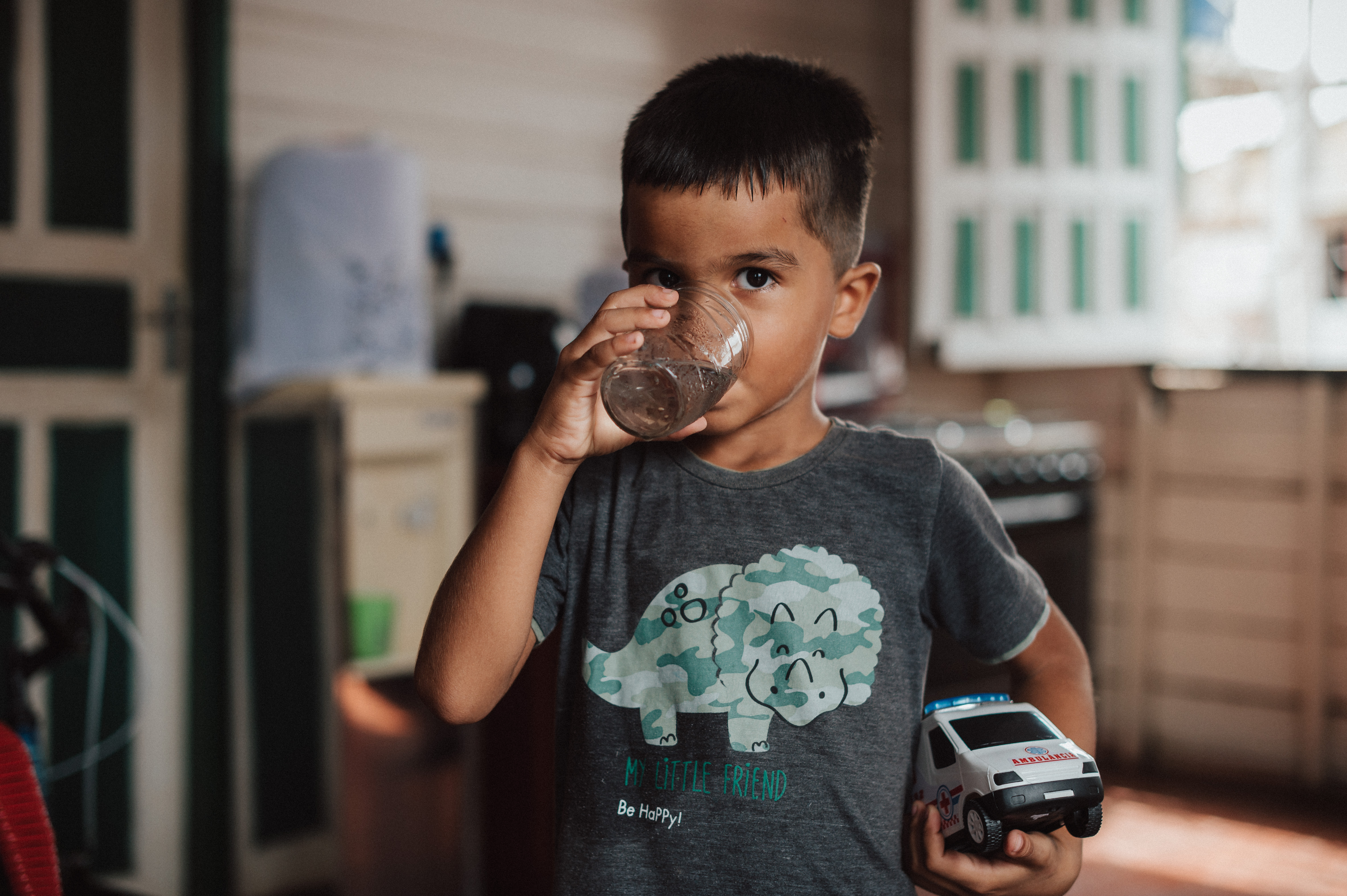

Description
The Interinstitutional Working Group (GTI-Plansab) was established to formulate a planning proposal for preparing the Brazilian Basic Sanitation Plan, according to Recommended Resolution No. 33 of ConCidades, approved on March 1, 2008, composed of public entities and civil society to guide the preparation of the Plansab. The Working Group was composed of one member from each segment of the Technical Committee on Environmental Sanitation of the Council of Cities, with the exception of the social movement, which has two members.
The Interinstitutional Working Group (GTI-Plansab) was responsible for coordinating the preparation and promoting the dissemination of Plansab during the various stages of its development.
Criteria 8/11
- ACCESSIBILITY
- ALIGNMENT WITH SDG 1,3,4,6 AND/OR 11
- RACE AND GENDER ISSUES
- ATTENTION TO CHILDREN AND ADOLESCENTS
- LOW COST
- SOCIAL DIFFUSION
- ADMINISTRATIVE EFFICIENCY
- ADHERENCE AND CONTINUITY AT LOCAL LEVEL
- WASH INITIATIVE
- CLIMATE RESILIENCE
- SUSTAINABILITY
GTI-Plansab is made up of representatives from the Ministry of Cities (coordinating body); the Civil House of the Presidency of the Republic; the Ministry of Finance; the MPOG; the Ministry of National Integration (MI, acronym in Portuguese); the MMA; the Ministry of Tourism (MTur, acronym in Portuguese); the Ministry of Health (MS, acronym in Portuguese); Caixa Econômica Federal (Caixa); Brazilian Development Bank (BNDES); FUNASA; ANA; Codevasf and Concil of Cities.
Managers and technicians of public entities operating in the basic sanitation sector
Civil society
Academic institutions
Ministries of the federal government working in the Basic Sanitation sector
2008 and 2009
The actions pertinent to the GTI-Plansab were to:
• prepare the diagnosis of the situation of basic sanitation services in Brazil, which will guide the definition of the objectives and goals of the Plansab;
• plan, execute and coordinate the process of preparing the Plan, in a transparent and participatory manner, through regional seminars, hearings and public consultations, after consulting the Brazilian Health, Water Resources and Environment Councils;
• prepare the consolidated version of the Plansab and submit it to the consultative appreciation of the Council of Cities, Ministry of Cities; and
• submit the Plansab to the approval of the Minister of State for Cities.
All GT-Plansab meetings, workshops were recorded in report format, which were made available for consultation on the internet.